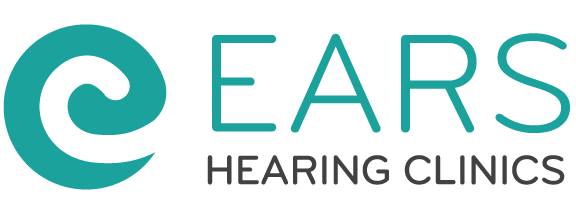Unmasking hearing troubles: tips for better conversations
Muffled voices and covered faces can make hearing difficult, but there’s still hope!
The ripples of the COVID-19 pandemic continue to affect us in surprising ways: it’s increased isolation, upended the toilet paper supply chain, and totally changed the ways we communicate.
Are you finding it hard to hear the cashier through the Plexiglas shield as they scan your groceries? Do you find you’re asking friends to repeat themselves when you’re walking together, two metres apart?
“If you have mild hearing loss you may have been able to get by without hearing aids in the past. But now that face masks are more common, your hearing loss may seem more noticeable,” says Kim Galick, owner of Ears Hearing.
Face masks muffle higher pitches, making it harder to hear the full range of what’s being expressed. They also cover a large portion of the face, blocking nonverbal forms of communication like lip-reading. With less cues to indicate the message your brain has to work harder to decipher what others are saying, leaving you with less mental resources for other tasks. That can lead to exhaustion, headaches, and feelings of isolation.
“Many people have hearing aids, but too often they’re in the nightstand or on the shelf, instead of in their ears,” Galick says. “If you have a hearing aid, you should wear it! It will help, especially if you’re finding it challenging to hear conversations through face masks.”
Remember to be cautious when wearing a face mask with hearing aids, as the ear loops can tug or dislodge your hearing aids. Talk to Galick at Ears Hearing to learn more about hearing aid styles that stay in the ear and may work better with masks.
Hearing loss and face masks: tips for better conversation
If you hope to help yourself or those around you hear better, the first step is awareness. Simply being mindful of the hearing challenges associated with masks is a great help. Here are a few more tips:
- Before you start speaking, get your subject’s attention. Face the person you’re speaking to throughout the conversation.
- Reduce background noise as much as possible or move to a quieter location.
Talk slowly and enunciate clearly, but do not shout — shouting can be painful to someone with hearing loss. - Use hand gestures and body language to add context.
- If you work in a professional setting like a doctor’s office, consider offering speech-to-text software and virtual appointments to clients with hearing loss. Video calls and virtual classes allow people with hearing loss to lip read and interpret other visual cues.
For more hearing tips follow Ears Hearing on Facebook. If you are experiencing hearing struggles, book a free appointment with Ears Hearing by calling 604-427-2828 or emailing info@earslangley.com. Find the clinic at Unit C 20568 56 Ave. in Langley.
~ Written by Amy Attas, Black Press Media
